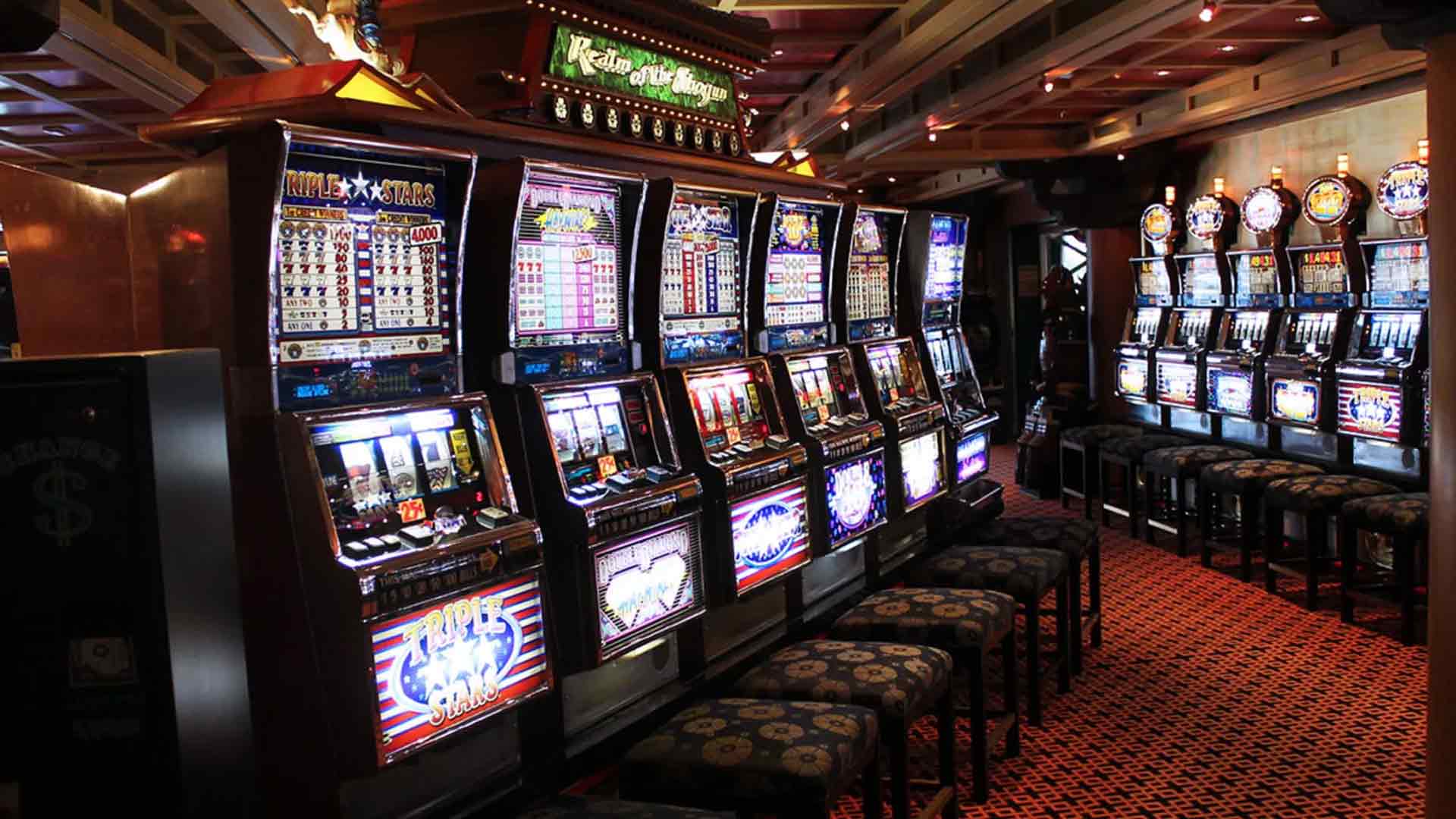The Role of Gender in Casino Culture

The Role of Gender in Casino Culture
The world of casinos has long been portrayed as a realm of high stakes, glamour, and intense competition. From the suave, tuxedo-clad spies at the baccarat table to the raucous energy of a craps game, popular culture has cemented a specific image of the gambling world. Central to this image is the often-unspoken but deeply ingrained role of gender. For decades, casino culture was overwhelmingly masculine, a "boys' club" where men dominated the tables of skill and women were often relegated to the periphery. However, the gambling landscape is undergoing a seismic shift, driven by technology and changing social norms, forcing us to re-evaluate the complex and evolving role of gender in casino culture.
Historical Perspectives: The Old Boys' Club and Its Stereotypes
Traditionally, brick-and-mortar casinos were designed and marketed with a male audience in mind. The games that received the most prominence—poker, blackjack, and sports betting—are often associated with strategy, aggression, and calculated risk, traits stereotypically linked to masculinity. The casino floor was a stage for men to display prowess, wealth, and nerve. Women, in this traditional narrative, often occupied one of two roles: either as companions adding to the glamorous atmosphere or as players of "softer" games like slot machines and bingo, which were perceived as requiring less skill and more luck.
This gender segregation wasn't just a matter of preference; it was reinforced by the casino environment itself. The dark, intimidating halls, the focus on high-stakes table games, and the competitive atmosphere could be alienating to those who didn't fit the established mold. This created a self-perpetuating cycle where the games, marketing, and culture catered to men, thus attracting more men and solidifying these gender-based stereotypes.
Psychological Drivers: Men vs. Women in Gambling
Research into gambling psychology reveals fascinating differences in motivation between genders, which helps explain historical preferences. Male gamblers are often driven by the desire for a challenge, the thrill of competition, and the ego boost that comes from a strategic win. For many, gambling is a contest of skill against the house or other players. The potential for a large financial reward is a primary motivator, tied to a sense of achievement and dominance.
Conversely, female gamblers have traditionally been motivated more by entertainment and escapism. For many women, gambling is a form of stress relief or a social activity. The appeal of slot machines, for instance, lies in their simplicity, immersive themes, and the potential for a life-altering jackpot from a small wager, rather than a battle of wits. It’s less about conquering an opponent and more about the thrill of possibility and the enjoyment of the game itself.
The Digital Shift: How Online Casinos Changed the Game
The single most significant factor in dismantling traditional gender roles in casino culture has been the rise of the internet. Online casinos have democratized gambling, removing the physical and psychological barriers of entry that once existed. The anonymity and accessibility of playing from home have attracted a massive new demographic of female players who might never have felt comfortable in a traditional casino setting.
Online platforms have seen a massive surge in the popularity of games like online slots, which offer immersive themes and convenient access. A diverse selection of these games, such as those found on m88+slot, caters specifically to this growing demographic by focusing on engaging narratives, vibrant graphics, and community features. Mobile gaming, in particular, has been a game-changer, allowing players to engage in short, entertaining sessions anytime, anywhere, fitting perfectly into the lifestyle of a modern audience, regardless of gender.
Evolving Marketing: From Clichés to Inclusivity
Recognizing this demographic shift, the casino industry's marketing strategies have begun to evolve. The old clichés of men in tuxedos and hyper-sexualized women are slowly being replaced by more inclusive and relatable advertising. Casinos now market themselves as complete entertainment destinations, highlighting restaurants, shows, and spas—amenities with broad appeal. Online casinos, in turn, focus on community, bonuses, and the fun of the game, rather than just the high-stakes, high-pressure environment. They understand that the modern player, whether male or female, is looking for a tailored and engaging experience. This has led to a more nuanced understanding of player preferences that moves beyond simplistic gender stereotypes and towards a more personalized approach.
In conclusion, while the legacy of a male-dominated casino culture still lingers, its foundations are crumbling. The digital revolution has empowered a new generation of players, particularly women, to engage with gambling on their own terms. As the industry continues to adapt, the rigid gender roles of the past are giving way to a more inclusive, diverse, and dynamic future where the thrill of the game is accessible to everyone.